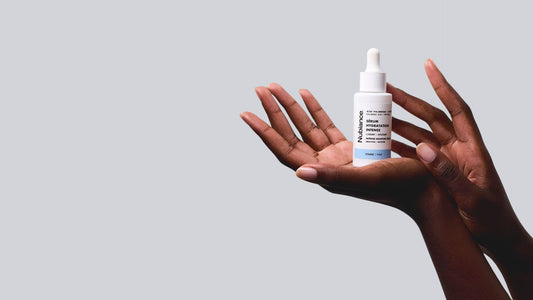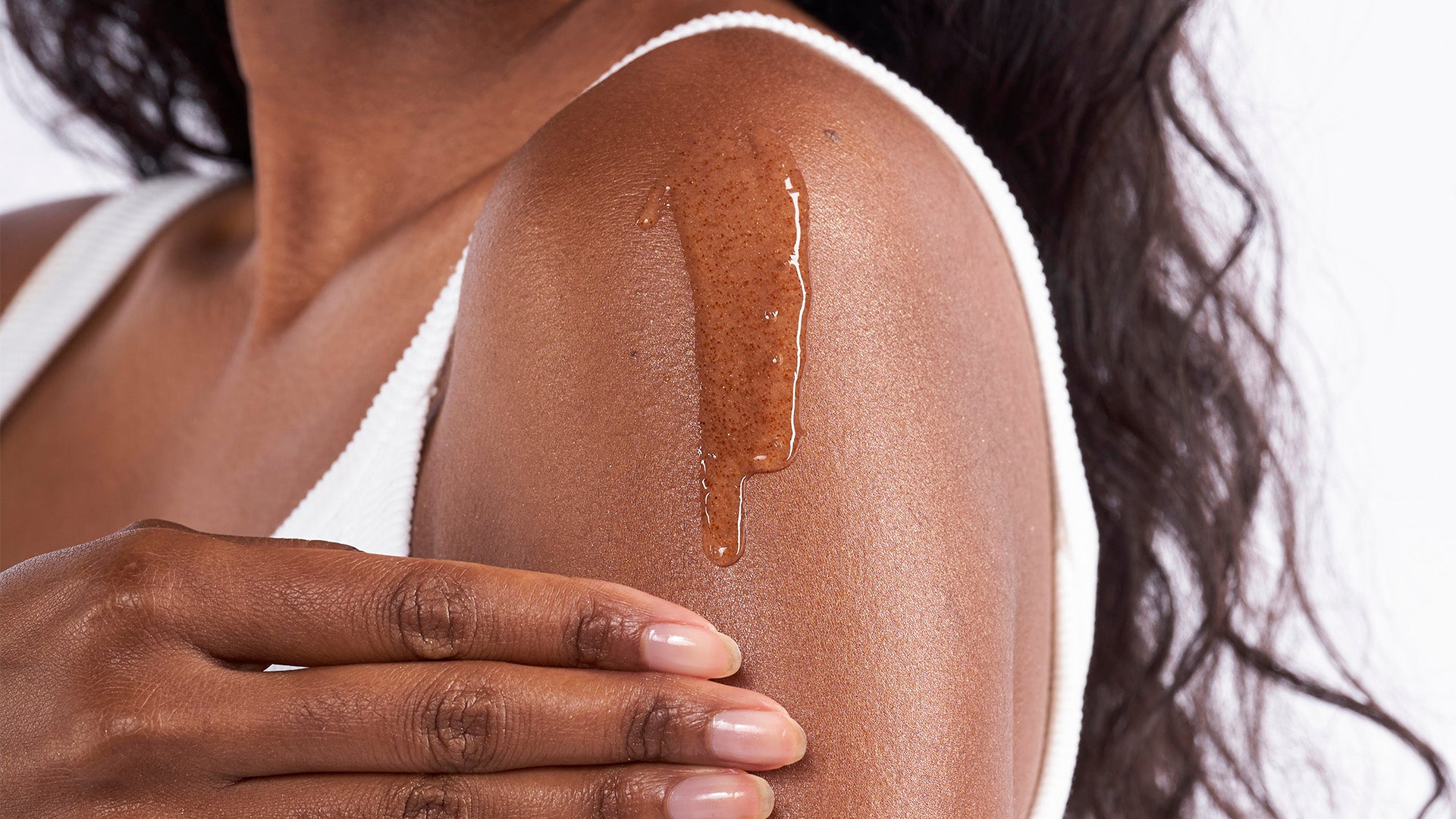
How does a pimple form?
Partager
Blackheads , papules , pustules , microcysts … all these imperfections refer to the different types of pimples that can appear on the skin. How does a pimple form ? What are the characteristics of the different types of buttons ? Response elements.
How does a pimple form under the skin?
The pimples are located on the areas where there are the most sebaceous glands : the face, the bust, the shoulders, the back, etc. Discover the origins of their appearance.

excess sebum
When excess sebum is produced, it accumulates in the pores . Mixed with dead skin and pus, it causes the birth of pimples. Oily skin is more likely to see an acne breakout than dry skin due to excess sebum.
Hormones
Hormonal changes that occur during adolescence or adulthood lead to an overproduction of sebum . In this case, we speak of hormonal acne .
The use of unsuitable cosmetics
Comedogenic beauty products clog pores and promote the emergence of pimples . The ingredients to avoid to prevent their appearance are:
- Silicones;
- Mineral oils;
- Fatty esters (preparations that contain fatty acids in an alcohol base).
In some cases, the use of these products can cause allergies. If you feel itchy and have redness , you should stop using the product.
Skin purging
Skin purging manifests itself when you incorporate a new product into your routine. Treatments based on AHA, BHA, vitamin C or retinol accelerate the regeneration process of the skin .
Unlike allergies, skin bleeding is not a sign that the product is unsuitable. This phenomenon proves that the active ingredients act on the skin and bring all the impurities to the surface.
The hygiene of life
A poor lifestyle involves a diet high in sugar and saturated fats, alcohol consumption, smoking and lack of sleep.
In some individuals, dairy products cause pimples to appear .
Read also: Excess sebum on black skin - causes and solutions
What are the different types of pimples?
Buttons differ in size and appearance. They fall into two categories: non-inflammatory pimples and inflammatory pimples .

Microcysts
They are shaped like small balls that give a grainy appearance to the skin. They appear as a result of the accumulation of dead skin and pus.
The white buttons
They present as a slight bump that has a white head. They result from the formation of pus in the pores.
Inflammatory pimples
Papules
They are painful to the touch and red. No pus is seen on the surface of the epidermis .
pustules
They look like swollen, inflamed pimples . You can feel pus inside.
Cysts
They are manifested by the formation of hard lumps. They can be more or less large (up to 5 cm). They are usually painless. They leave red traces of inflammation on the skin.
How are blackheads and sebaceous filaments formed?
Blackheads and sebaceous filaments form in the pores. They are often identified on the T zone (forehead, nose and chin).

blackheads
Blackheads or “open comedones” appear when sebum accumulates in the pores. The black color comes from the fact that the sebum plug oxidizes on contact with air.
The sebaceous filaments
The sebaceous filaments are located on the areas that secrete the most sebum, just like the blackheads. They look like white threads. They appear when the pores fill with sebum and dilate.
How to identify what type of pimple you have?

Do you have pimples on your face and can't identify the type? This test will help you!
Do you notice white bumps under the skin and feel like it's grainy? You have microcysts .
Do you have red pimples with a white head on top? These are white buttons .
Do you notice red pimples that are painful to the touch and without a white head? These are papules .
Do you have pimples that are red and painful to the touch with a white head? These are pustules .
Do you notice red, large, painful, hard pimples that contain pus? These are cysts .
Identifying the type of pimples that are showing up on your skin will help you know which active ingredients you should focus on to treat them.
Read also :
- How to get rid of pimples on the back ?
- Skin rash and allergies: how to soothe the skin ?
- How to recognize hormonal acne and treat your skin ?
- What are the different types of acne and how to treat them ?




